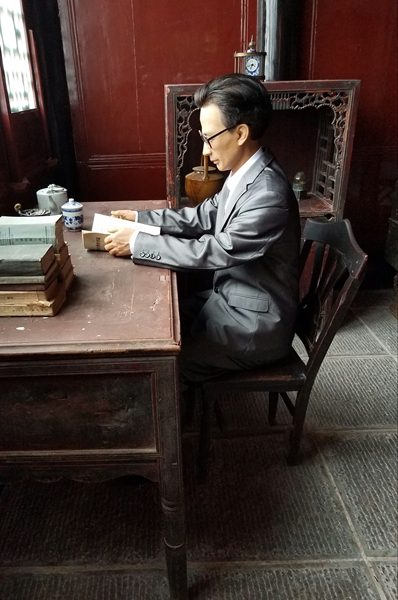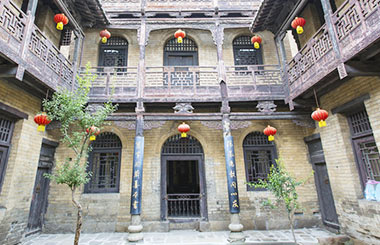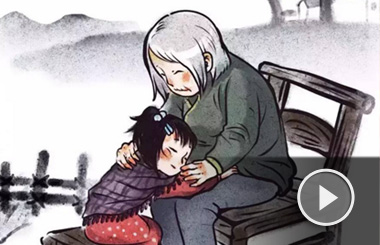Zhejiang University: Leaving a lasting legacy in Zunyi
In the mornings he went to classes, in the evenings he hung out with friends. He was happy and content, but more than that he was proud that he was attending a university that had a colorful culture and an intellectually stimulating atmosphere.
He had no idea that not only his life but that of everybody at the university was about to change forever.
The year was 1937. The place Hangzhou. The university Zhejiang. And the student: A nameless figure.
In the winter of that year, the Japanese forces after capturing Nanjing, the then-capital of China, moved southward, killing, raping and bombing towns and villages, and began marching toward Hangzhou.
The authorities knew that the only way to escape the relentless and indiscriminate bombing was to move the whole university, dubbed the "Oriental Cambridge" by British scholar Joseph Needham, to a safer place. Thus began the great exodus.
Nearly all the students, faculty members and others gathered whatever they could and left the campus for a journey that would take them through several cities and provinces, largely by foot, before finally reaching Zunyi in Guizhou province, southwestern China, a place that would be their home for the next seven years, until the withdrawal of Japanese forces from the country.
Traveling through mountains, rivers and forests is tough even now, especially by foot, so imagine the difficulty they would have faced 80 years ago when the whole region was undeveloped. They not only battled the harsh terrain, diseases, hunger and constant fear of Japanese bombardment, but also carried with them thousands of books, equipment and specimens.
What's even more remarkable is that during the period the university did not shut down. The teachers held classes wherever they could – temples, homes and town halls.
To understand their sheer audacity and resilience, the place to visit is the old campus of Zhejiang University in Zunyi. The well-kept building houses, handwritten letters, photos and other historical records that tell the tales of bravery and suffering.
One person who stands out is Chancellor Zhu Kezhen, also known as Coching Chu. Zhu, who earned a doctorate from Harvard, kept the university going despite the unimaginable challenges and turned it into one the best in the country. Even today, the university which traces its roots to 1897, making it one of the earliest higher learning institutions in the nation, remains a sought-after.
As if the problems were not enough, Zhu also suffered personal blows when his wife and second son fell ill and died in 1938.
Under his chancellorship the university donated property and equipment to Zunyi before it moved back to Hangzhou, thus leaving a lasting legacy.
























